
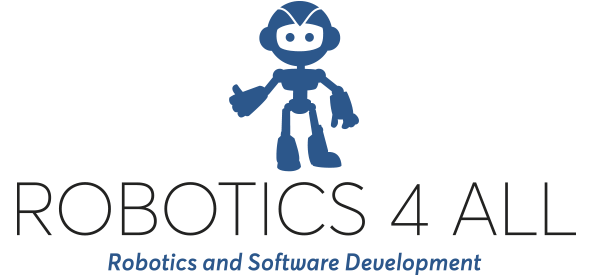
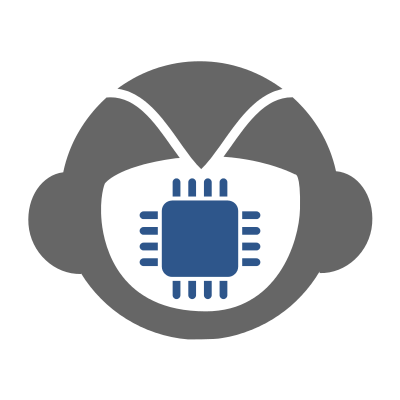
Our main line of research is the development of robot-agnostic middleware through Model-Driven Engineering approaches. This way we envision that any roboticist or developer will be capable of building properly desinged robotics software in a fast and easy manner. The R4A middlewares offer a set of web-based APIs, via which developers can fully manipulate a robotic device with minimum coding effort.

Using the robotics middleware we have developed, we are able of designing and implementing robot-agnostic applications, which can be executed both in or out of a robot. Thus we treat robots as platforms, which can download and execute robotic applications in a seamless way. Tracking, surveillance and age friendly applications are typical cases developed.

Apart from application development, the R4A group has extensive experience in traditional robotics algorithmic development also. We conduct ongoing scientific research in topics such as SLAM, navigation and path planning, exploration and coverage, robot perception and data fusion, desicion making and evolutionary/deep learning.

Towards connecting robots to already established solutions, we develop APIs that connect robotic applications with IoT frameworks, this way exchanging information with the environment. We also provide a mechanism for consuming cloud-based functionality, this way reducing the computational burden from our robots.
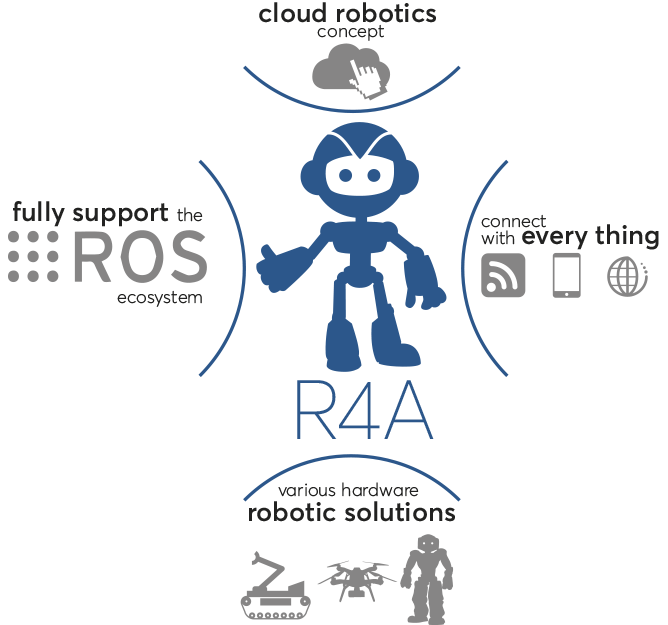

We can uptake the task of bringing to life envisioned robotic workflows or tasks, in the form of robotic applications, using our enhanced middleware framework. These may include simple social interaction behaviors up to complex multi-robot applications. Furthermore, we can create the appropriate software towards supporting a new robot to our infrastructure, aiming at being able to create applications for it.

We can create tailored software robotic solutions by using both high-level components (the R4A framework), as well as custom-made or existent robotic algorithms, which include mapping, navigation, exploration, speech-to-text or image processing functionalities. Furthermore, we can implement hardware robotic solutions using embedded HW modules and a variety of sensors and effectors.

Our laboratory is equipped with various robots, HW modules, sensors and effectors. Some of them are 3 custom made UGVs (examples 1, 2, 3), Turtlebot and Turtlebot 2 robots, one NAO robot, two AR.Drone 2.0 robots, several sensors including Lidars, Sonars, 2D/3D cameras (Kinect 1, 2 and Asus Xtion Pro), CO2, Sound, Thermal arrays and cameras, IMUs, compasses, a variety of effectors (DC brushless motors, servos, linear actuators), several embedded HW modules (Raspberry PI 2/3, NodeMCU, Odroid-XU4, FPGAs) and others.
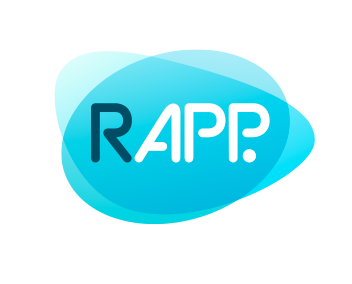
RAPP provides an open source software platform to support the creation and delivery of robotic applications. These robotic applications are in turn expected to increase the versatility and utility of service and assistive robots. The emphasis of the RAPP project was on applications that will enable robots to understand and respond to the intentions and needs of people at risk of exclusion.
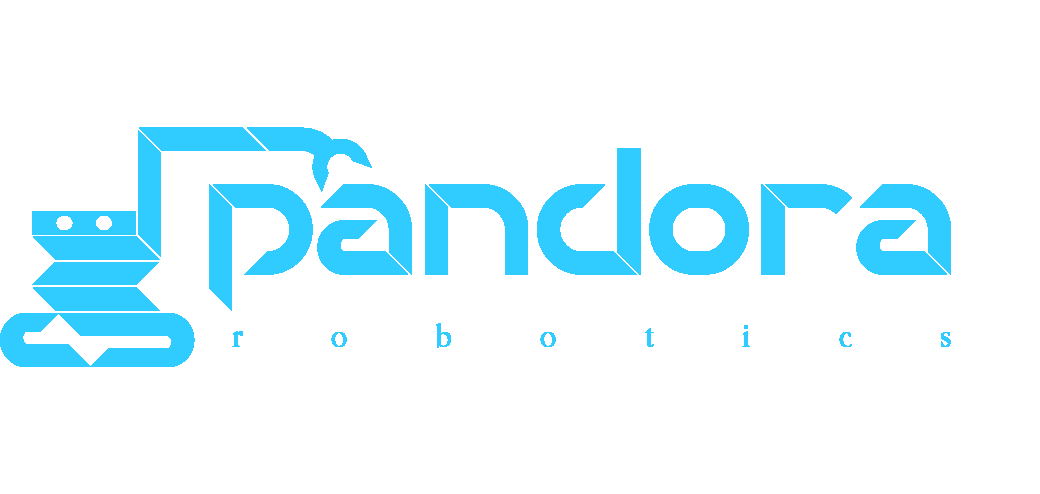
The PANDORA project (Program for the Advancement of Non-Directed Operating Robotic Agents) is focused on developing a robotic platform for room exploration and victim identification. PANDORA has repeatedlly participated in the RoboCup-Rescue competition, achieving in winning the 2nd place in the Autonomous vehicles contest twice (2013, 2015).
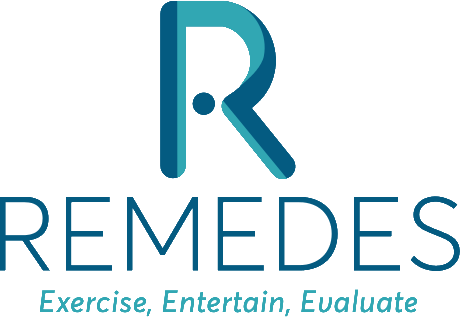
The R4A group is currently developing a low cost and high accuracy system for recording reflex measurements using optical or acoustical stimulation. REMEDES is suitable for medical applications (diagnosis, rehabilitation or tracking neurological, neurokinetic, psychiatric or opthalmological conditions), as well as for sports applications (modeling the reaction of athletes or tracking their reflexes profile)
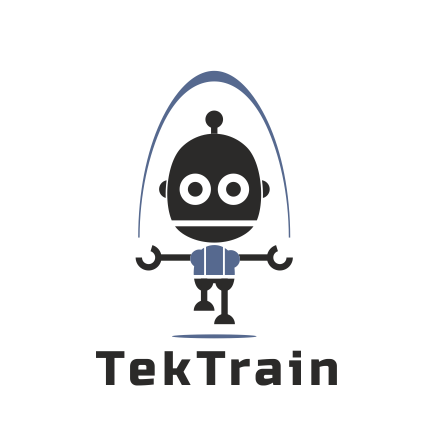
The current project proposes a novel architecture, based on which a software framework and specialized smart devices will be built, offering the necessary tools and APIs towards making the educational programming process easy and fast.

The objectives of the project are to construct original robotic devices, capable of continuous inventory and accurate localization and to construct prototype low cost devices capable of expanding the read-range of passive UHF RFID systems.
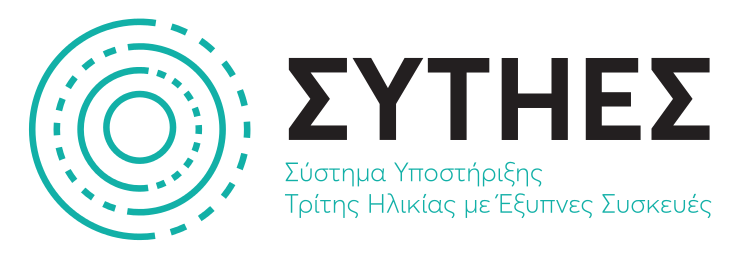
The object of the project is to build an intelligent low cost assistant, which will be available to elderly people and will provide useful services in the form of smart applications, either on a stand-alone basis or on demand.
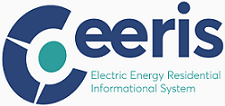
eeRIS will be able to offer detailed information to an electric energy consumer, correlating his/her consumption to the use of specific household appliances. At the same time, is will create a personal demand profile for the consumer, assisting him/her thus to obtain an optimized personalized tariff from the respective producer. R4A team is responsible for the IoT-related tasks of the project.
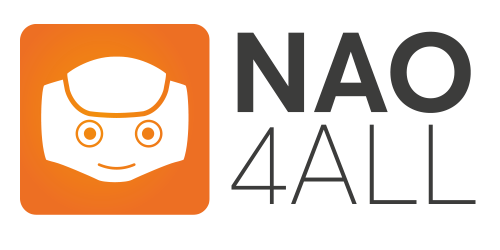
The goals of the R4Alz platform is to apply the MDE methodology on creating applications for the NAO robot. Specifically, Nao4All attempts to a) allow for easy, fast and correct design and implementation of robotic applications, from people with no technical background, and b) increase the success rate of developing correct robotic applications for NAO robot
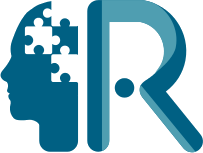
The R4Alz (REMEDES for Alzheimer) battery is a neuropsychological tool used for the assessment of cognitive control abilities, performed in collaboration with Alzheimer Hellas, Thessaloniki and Laboratory of Psychology, AUTH. The test was designed so as not to require language skills, in order to minimize the influence of the patient’s educational level.
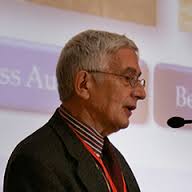
Associate professor, School of Electrical and Computer Engineering, Aristotle University of Thessaloniki
Scientific responsible on Hardware/Middleware EngineeringMain research interests include Microprocessor Applications, Autonomous Mobile robots, Intelligent Control, Design of reconfigurable embedded systems, Fuzzy logic and Neural Network control systems.
loukas@eng.auth.gr

Assistant professor, School of Electrical and Computer Engineering, Aristotle University of Thessaloniki
Scientific responsible on Middleware/Software EngineeringMain research interests include Software Engineering (SE) Processes, data mining and knowledge extraction from Software repositories, Model-driven Engineering, Software quality and Software analytics.
asymeon@eng.auth.gr

PostDoc researcher, School of Electrical and Computer Engineering, Aristotle University of Thessaloniki.
Technical LeaderHis research interests are focused in Autonomous Robots, SLAM and navigation, multi-robot exploration, robotic architectures oriented for the creation of robotic applications and robot-agnostic RESTful APIs.
etsardou@eng.auth.gr
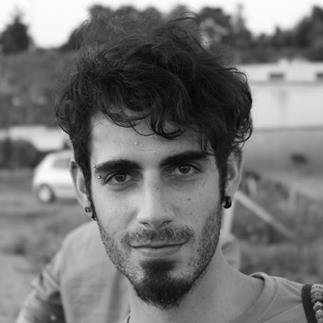
School of Electrical and Computer Engineering, Aristotle University of Thessaloniki.
Middleware developerHis research interests include robotics middleware, cloud-based architectures, IoT platforms, deep learning (DNN/CNN), embedded modules and hardware-oriented development, among others.
klpanagi@ee.auth.gr
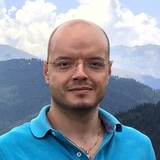
School of Electrical and Computer Engineering, Aristotle University of Thessaloniki.
Model Driven Engineering researcherHis research interests are focused in Automated Software Engineering Techniques (e.g. Model Driven Engineering), Robotics, RESTful Web Services and Logic in Computing.
christopherzolotas@issel.ee.auth.gr
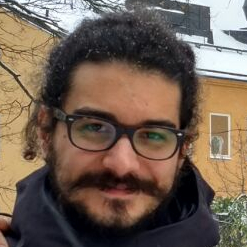
School of Electrical and Computer Engineering, Aristotle University of Thessaloniki.
AI and Control researcherHis research interests are focused in focus on single-robot localisation and SLAM, and multi-robot control.
alexandros.filotheou@gmail.com

School of Electrical and Computer Engineering, Aristotle University of Thessaloniki.
SW/HW and IoT expertHis research interests include IoT middleware, embedded software and hardware-oriented development, among others.
iaswnparaskev@gmail.com

R4A Affiliate, Graphics designer and Production Manager
Branding design and Digital PromotionA graphics and marketing enthusiast with more than 15 years of experience in branding, re-branding and disseminating products and ideas. Assigned with the exploitation and promotion of R4A products to interested stakeholders and relevant media.
ilias@ouzounidis.com

School of Electrical and Computer Engineering, Aristotle University of Thessaloniki.
Business and product developmentShe is responsible for the business and product development as well as the marketing strategy of the R4A team focusing also on the organisational and operational procedures and processes.
marina.stamatiadou@gmail.com